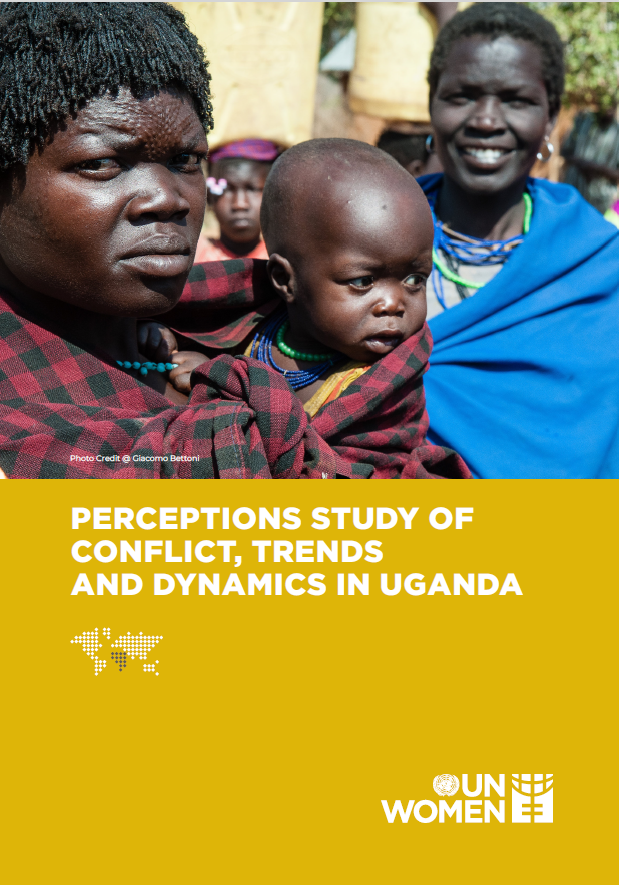
Perceptions of Conflict Trends and Dynamics in Uganda

Since gaining independence in 1962, Uganda has faced recurring violent conflicts, including uprisings, coups, civil wars, and military invasions. Its political history is marked by contested elections and human rights violations, particularly from the 1980s onwards, when violence and sexual and gender-based violence (SGBV) against women became widespread.
The Government of Uganda (GoU) has demonstrated a commitment to the Women, Peace, and Security (WPS) Agenda, rooted in the United Nations Security Council Resolution (UNSCR) 1325 and related resolutions. The WPS Agenda in Uganda is linked to women's historical advocacy and active participation in peace and security processes even before UNSCR 1325 was adopted in 2000.
Since then, Uganda has furthered its dedication to WPS through the development and implementation of National Action Plans (NAPs). These plans aim to protect women's rights during and after conflicts, promote their participation in decision-making for conflict prevention and resolution, and foster sustainable peace. The NAPs also address women’s specific needs in post-conflict settings, including rehabilitation, reintegration, and reconstruction efforts. However, challenges remain in addressing these needs effectively in humanitarian and emergency contexts.
Through these measures, Uganda continues to work towards safeguarding women’s rights and fostering inclusive peace and security across the nation.
View online/download
Order printed/published version
jack.abebe@unwomen.org